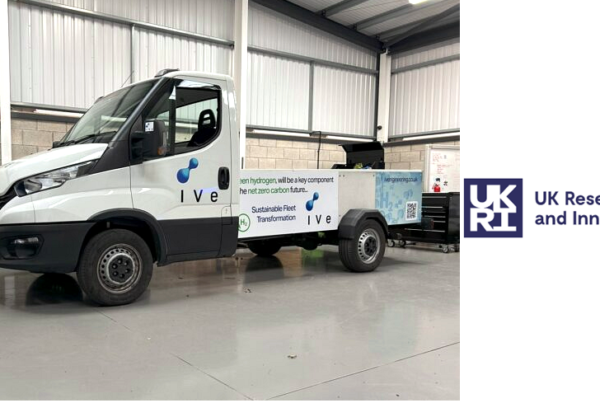
Despite failed attempts to pass legislation related to developing hydrogen energy in New Mexico, the state’s environment department remains focused on the controversial fuel source.
Much of the New Mexico Environment Department Deputy Secretary Sydney Lienemann’s presentation to the Legislative Finance Committee on Tuesday focused on hydrogen and the promise that it could bring New Mexico, especially in areas like San Juan County where traditional fossil fuel extraction is declining.
This has led to a decrease in jobs and, according to statistics presented by San Juan County Manager Mike Stark, decreases in the population and property tax base.
“We see building an ecosystem around renewable energy including hydrogen as an opportunity to offset some of these job losses and these really are good paying jobs that will be here for the long term,” Lienemann said.
Hydrogen itself is a clean fuel with zero emissions, but it isn’t easy to come by. The element likes to bond with other elements.
The controversy around hydrogen is primarily focused on hydrogen derived from fossil fuel methane sources, such as natural gas.
A proposed project at Navajo Agricultural Products Industry is among the hydrogen proposals that would use at least some hydrogen derived from fossil fuel and plans to capture the carbon from the methane molecules to either use in systems like greenhouses or to inject into underground reservoirs. However, before the carbon could be injected underground, a suitable geological location must be found in the area for what is known as a Class VI injection well.
NAPI plans to use the hydrogen to power farm equipment, which would allow it to phase out diesel-powered equipment. NAPI also hopes to provide at least some of its own power to offset rising energy costs.
Carbon capture critics argue that this is expensive and unproven with risks that, overtime, the carbon could start leaking into the atmosphere and contribute to climate change.
Other hydrogen projects are looking at using water to produce the hydrogen through a process known as electrolysis. This is less controversial, though some critics say New Mexico should not use its water supplies to produce hydrogen.
Lienemann said hydrogen could provide opportunities to decarbonize sectors that would otherwise be hard, if not impossible, to decarbonize. One example of that could be aviation and Universal Hydrogen, a company which has a facility in Albuquerque, is in the process of developing hydrogen fuel cell planes
New Mexico has partnered with several other western states to pursue federal funding in the form of a hydrogen hub. This partnership is known as the Western Interstates Hydrogen Hub, or WISHH.
Stark said that San Juan County is interested in becoming an energy hub for the western United States and that hydrogen is one energy source that could play a role in that.
Three of the five New Mexico hydrogen projects are located in San Juan County and, Stark said, the hydrogen industry has the ability to replace the middle-class union jobs that were lost or will be lost as coal-fired power plants close.
In addition to NAPI’s hydrogen project, Libertad Power is planning an electrolysis-based hydrogen facility and the utility giant AVANGRID, which is best known in New Mexico for its attempted merger with the state’s largest electric utility, is also looking at developing a hydrogen facility in San Juan County. AVANGRID’s proposal involves using ammonia to create power and fertilizer and to meet other industrial needs in the area. Ammonia is a molecule consisting of both nitrogen and hydrogen, which means nitrogen would be a byproduct. Unlike carbon, which is a byproduct of producing hydrogen from methane sources, nitrogen is not considered a greenhouse gas. However, nitrogen still has the potential to play a role in climate change.
Libertad’s plan originally called for creating hydrogen from fossil fuels, but that has changed over the years. Libertad would use the hydrogen for transportation, electricity and energy storage.
SOURCE: NMPOLITICALREPORT
Read the most up to date Fuel Cell and Hydrogen Industry news at FuelCellsWorks




